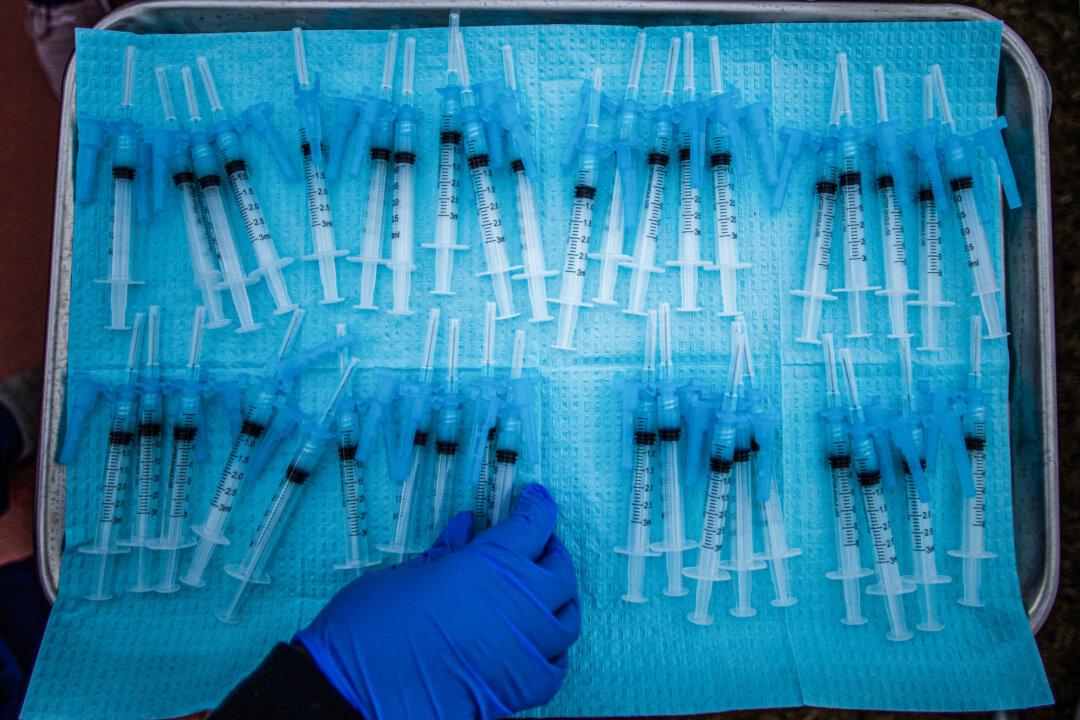A growing number of cases of recurrent and/or relapsing cases of myocarditis after COVID-19 vaccination are being reported by doctors in medical journals.
One of the newest papers, in the August edition of Vaccine: X, describes two 16-year-old boys who experienced myocarditis after their second doses of Pfizer’s vaccine.





